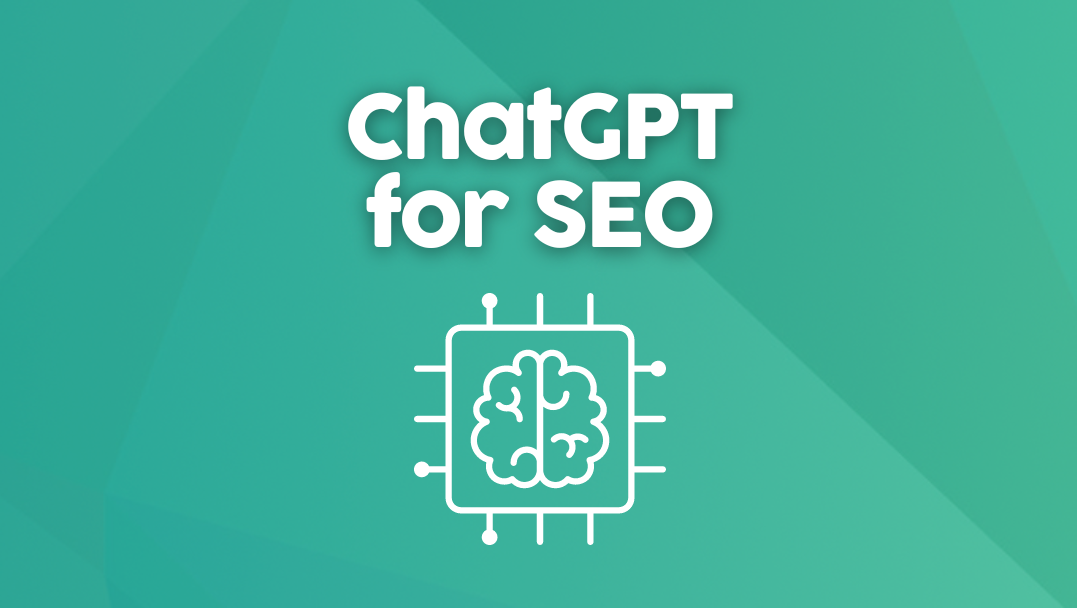1. Why Use ChatGPT for SEO Optimization?
ChatGPT simplifies SEO by generating keyword-rich content, meta descriptions, and insights into search intent. It’s time-efficient, delivers consistent quality, and adapts to SEO best practices, making it a versatile tool for website optimization.
- Time-Efficiency: Generate content ideas instantly.
- Consistent Quality: Clear, well-structured, and engaging outputs.
- SEO Best Practices: ChatGPT understands SEO essentials like headers and keyword placement.
- Versatile: Useful for tasks from brainstorming to content structuring.
2. Key ChatGPT Prompts for SEO Optimization
These prompts will help you leverage ChatGPT to optimize your website and improve SEO rankings.
a. Content and Keyword Research
- Keyword Ideas: “Generate a list of primary and secondary keywords for a blog about [your topic].”
- Search Intent Analysis: “Explain the search intent behind the keyword ‘[target keyword]’ and how to meet it in content.”
- Competitor Analysis: “List common keywords and content themes competitors are using in [your niche].”
b. On-Page SEO Optimization
- Meta Titles and Descriptions: “Create an SEO-friendly meta title and description for a blog about [your topic].”
- Header Structure: “Suggest an optimized header structure (H1, H2, H3) for a blog post titled ‘[your topic]’.”
- Image Alt Text: “Generate alt text for an image showing [describe image].”
c. Content Creation and Optimization
- Content Outline: “Create a detailed outline for a blog post about [your topic], focusing on SEO.”
- Introduction and Conclusion: “Write an engaging introduction for a blog post titled ‘[your topic]’.”
- Call to Action (CTA): “Generate a persuasive CTA for a blog encouraging users to sign up for a newsletter.”
d. Technical SEO and User Experience
- Schema Markup Suggestions: “Suggest a basic schema markup for an article on [your topic].”
- Mobile Optimization Tips: “List best practices for making a website mobile-friendly in terms of SEO.”
3. Other Powerful AI Tools for SEO
Here are additional AI tools to use with ChatGPT for a more comprehensive SEO approach:
- Surfer SEO: Provides SEO recommendations based on top-performing pages.
- Ahrefs and SEMrush: Ideal for keyword research, backlink analysis, and competitor insights.
- MarketMuse: Analyzes content relevance and suggests topics to fill content gaps.
- Grammarly & Hemingway Editor: Improves grammar, readability, and user experience.
4. Step-by-Step Guide for an Effective SEO Strategy Using AI
Follow these steps to optimize your website’s SEO using ChatGPT and other AI tools:
Step 1: Perform Keyword and Competitor Research
Use Ahrefs/SEMrush to gather keyword insights and competitor data, then use ChatGPT to generate keyword-rich content.
Step 2: Create Content with SEO in Mind
Use ChatGPT to generate SEO-optimized headers, meta descriptions, and structured content, and refine it with Grammarly and Hemingway.
Step 3: Optimize for Technical SEO
Leverage ChatGPT for mobile optimization, page speed, and UX tips, and implement schema markup as needed.
Step 4: Test and Refine Content
Use Google Analytics and Search Console to monitor performance, and adjust content with ChatGPT to align with trends and user feedback.
Step 5: Publish and Promote Content
After publishing, use Surfer SEO to verify content optimization and ChatGPT to create promotional social media and email content.
Conclusion
Optimizing your website with ChatGPT and other AI tools simplifies and enhances the SEO process, driving more traffic to your site. A combination of keyword research, on-page SEO, and technical optimization can keep your website competitive and highly visible.
